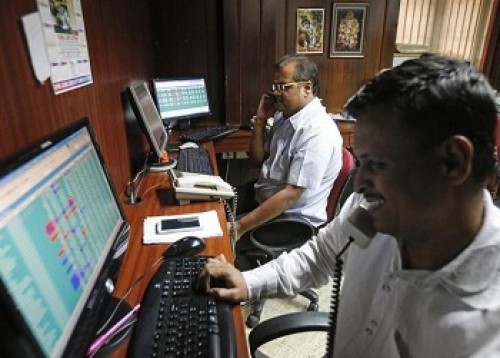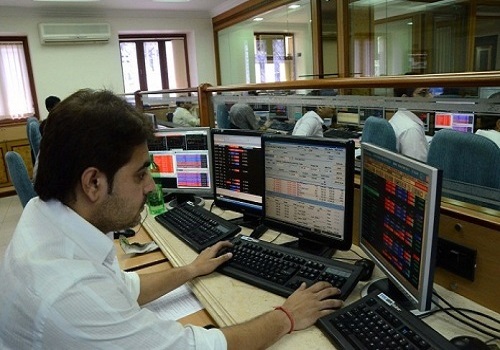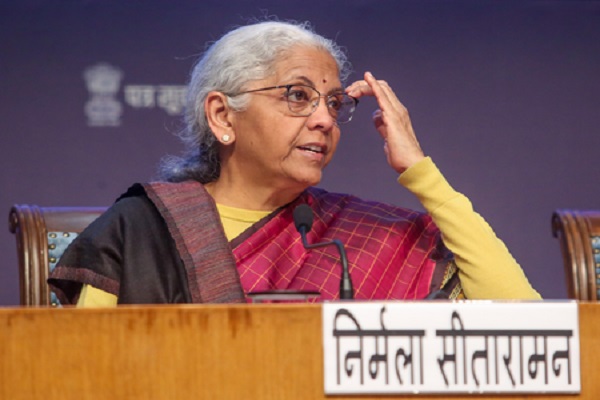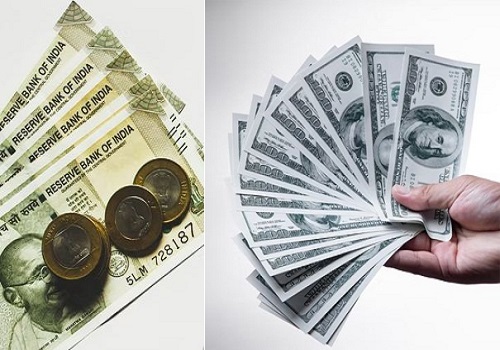Key gauges end lower for second session in row
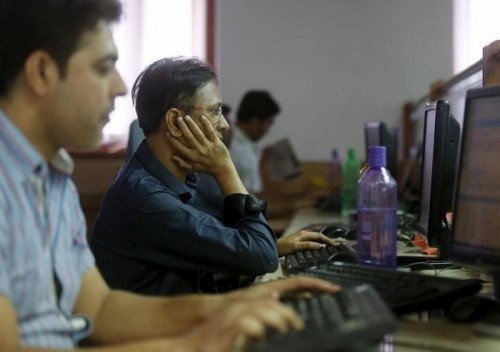
Indian equity benchmarks ended deep in red for the second day straight on Thursday, dragged by losses in index majors Maruti Suzuki, Hindustan Unilever, Bharti Airtel and Bajaj Auto amid foreign fund outflow and a weak trend in global markets. Uncertainty in the markets continues with increasing risk arising from rising covid-19 infections in India in the context of a third wave in parts of Europe. India has registered 53,419 fresh cases of Covid-19 in the past 24 hours, taking to tally to 11,787,013, according to Worldometer. The death toll from the deadly infection jumped to 160,726. India has the 7th highest number of active cases globally. However, benchmarks trimmed some of their losses in late afternoon session, as traders found some support with Fitch Ratings in its latest report has revised India's Gross domestic product (GDP) growth estimate to 12.8 percent for the next fiscal year beginning April 1 from its previous estimate of 11 percent. It also said that India's recovery from the depths of the lockdown-induced recession in 2020 (calendar year) has been swifter than expected. Some support also came with Finance Minister Nirmala Sitharaman stating that India enjoys an investment grade rating and she does not see a rating downgrade because of higher spending. She cited low inflation, higher GDP growth, record foreign investment and lower fiscal deficit to defend her government's handling of the economy.
However, the selling pressure intensified in the last leg of sessions, as futures and option contracts for the month of March expired. Traders also were cautious, after India Ratings and Research said that privatisation of two public sector banks can impact their ratings as the government support to the two entities will disappear. The rating agency said the budget proposal to privatise the as yet unidentified PSBs “could lead to material negative migration of the long-term issuer ratings (mapped to senior instruments such as infrastructure bonds) and the ratings on Tier 2 instruments of the identified banks”. Market participants overlooked central bank chief stating that India's revival of economic activity is expected to be ‘unabated’, despite a rise in coronavirus infections in many areas and 2022 growth projections might not need to be cut. Sector wise, health sector remained in focus, as new regulator for the health sector, styled on the Real Estate Regulatory Authority (RERA), is expected to be set up soon, with Chief Economic Advisor K V Subramanian scheduled to make a presentation on the outlines of the proposal to the NITI Aayog next week. Meanwhile, the Comptroller and Auditor General of India (CAG) made a case for setting up a definite time-frame for roll out of simplified GST return forms as frequent deferments are resulting in delay in stabilisation of return filing system.
On the global front, Asian markets finished mixed on Thursday, while European markets were trading in red, as lingering worries over potential U.S. tax hikes and extended lockdowns in Europe dented hopes for a global economic recovery. A clampdown by regulators on tech companies in China and the threat of Chinese stocks being kicked off U.S. exchanges also kept underlying sentiment cautious. Back home, on the sectoral front, power stocks were in focus as Power distribution companies (discoms) in 26 of India’s 36 states and union territories (UT) have witnessed an increase in overdue since last year; with 30 territories having dues pending for more than two months
Finally, the BSE Sensex fell 740.19 points or 1.51% to 48,440.12, while the CNX Nifty was down by 224.50 points or 1.54% to 14,324.90.
The BSE Sensex touched high and low of 49,247.95 and 48,236.35, respectively. There were 4 stocks advancing against 26 stocks declining on the index.
The broader indices ended in red; the BSE Mid cap index fell 2.22%, while Small cap index was down by 1.85%.
The top losing sectoral indices on the BSE were Telecom down by 3.14%, Power down by 2.83%, Auto down by 2.80%, Energy down by 2.63%, Utilities down by 2.59%, while there were no gaining sectoral indices on the BSE.
The top gainers on the Sensex were Dr. Reddys Lab up by 0.74%, ICICI Bank up by 0.70%, HDFC up by 0.25% and Larsen & Toubro up by 0.21%. On the flip side, Maruti Suzuki down by 3.98%, Hindustan Unilever down by 3.47%, Bharti Airtel down by 2.98%, Bajaj Auto down by 2.86% and NTPC down by 2.83% were the top losers.
Meanwhile, Fitch Ratings in its latest report has revised India's Gross domestic product (GDP) growth estimate to 12.8 percent for the next fiscal year beginning April 1 from its previous estimate of 11 percent. It also said that India's recovery from the depths of the lockdown-induced recession in 2020 (calendar year) has been swifter than expected. It also said revision is on the back of a stronger carryover effect, a looser fiscal stance and better virus containment. Nevertheless, it expects the level of Indian GDP to remain well below its pre-pandemic forecast trajectory.
According to the report, the rapid pace of expansion at the end of 2020 was powered by falling virus cases and the gradual rollback of restrictions across States and Union territories. High-frequency indicators point to a strong start to 2021. It also said the manufacturing PMI remained elevated in February, while the pick-up in mobility and a rise in the services PMI point to further gains in the services sector. However, it said the recent flare up in new virus cases in some states has prompted us to expect milder growth in 2021.
The rating agency further said spending is set to be increased substantially, notably infrastructure, healthcare, and military outlays. Looser fiscal policy should support the short-term cyclical recovery, which along with stronger underlying growth momentum prompted FY22 GDP growth forecast revision. It stated that the increase in inoculation to the most at-risk people should allow restrictions to be eased significantly towards end-2021 and in 2022. This should further support services sector activity and consumption. However, it said an impaired financial sector is likely to keep the provision of credit tight, limiting investment spending.
The CNX Nifty traded in a range of 14,575.60 and 14,264.40. There were 5 stocks advancing against 45 stock declining on the index.
The top gainers on Nifty were Tata Steel up by 2.87%, Dr. Reddys Lab up by 0.78%, ICICI Bank up by 0.55%, HDFC up by 0.50% and Larsen & Toubro up by 0.35%. On the flip side, Indian Oil Corporation down by 4.02%, Maruti Suzuki down by 3.88%, Coal India down by 4.02%, Bharti Airtel down by 3.14% and Hindustan Unilever down by 3.00% were the top losers.
European markets were trading in red; UK’s FTSE 100 decreased 20.86 points or 0.31% to 6,692.03, France’s CAC fell 19.49 points or 0.33% to 5,927.80 and Germany’s DAX was down by 28.97 points or 0.2% to 14,581.42.
Asian markets finished mixed on Thursday, with the investors turned cautious due to concerns about potential US tax hikes and extended lock downs in Europe. Shanghai index retreated with sharp sell off in technological shares followed by the regulations imposed by US securities regulator to kick off foreign companies from American stock exchanges if they do not comply with auditing standards.
Above views are of the author and not of the website kindly read disclaimer
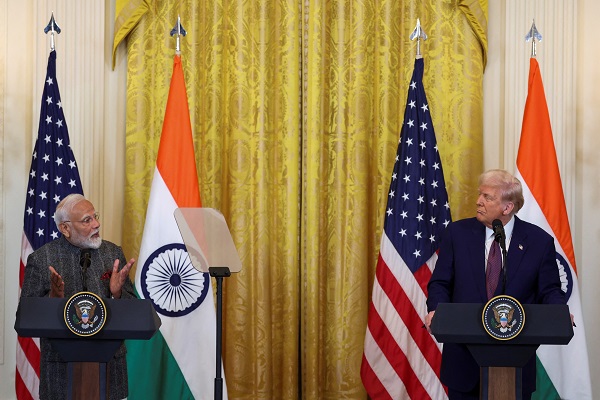

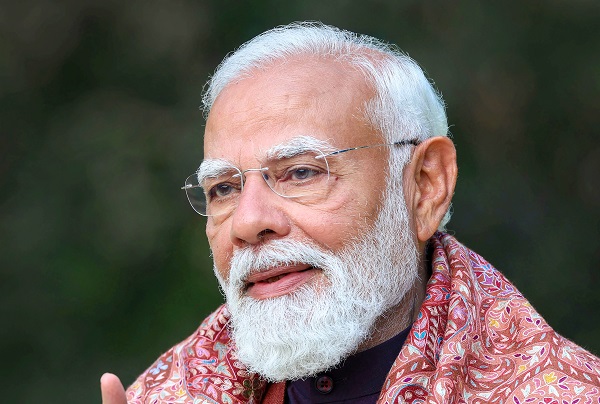
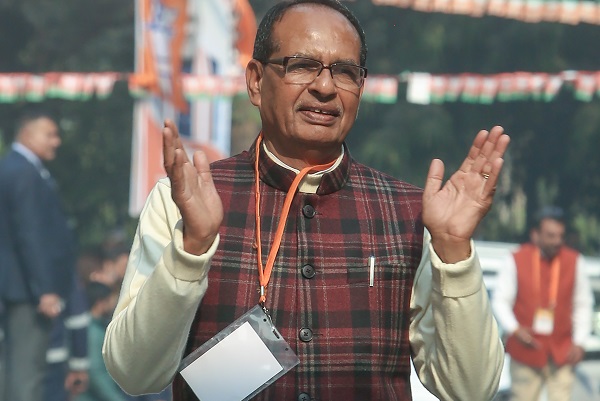
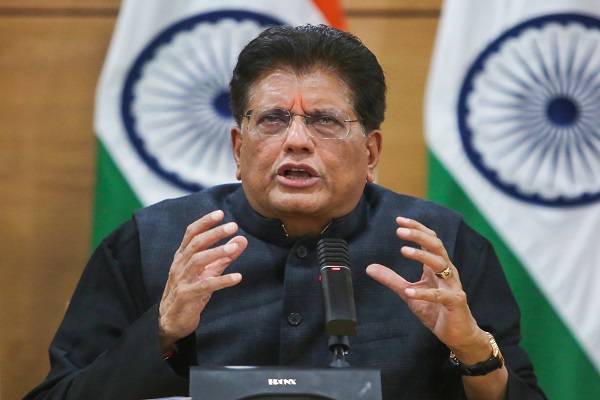





Tag News
More News
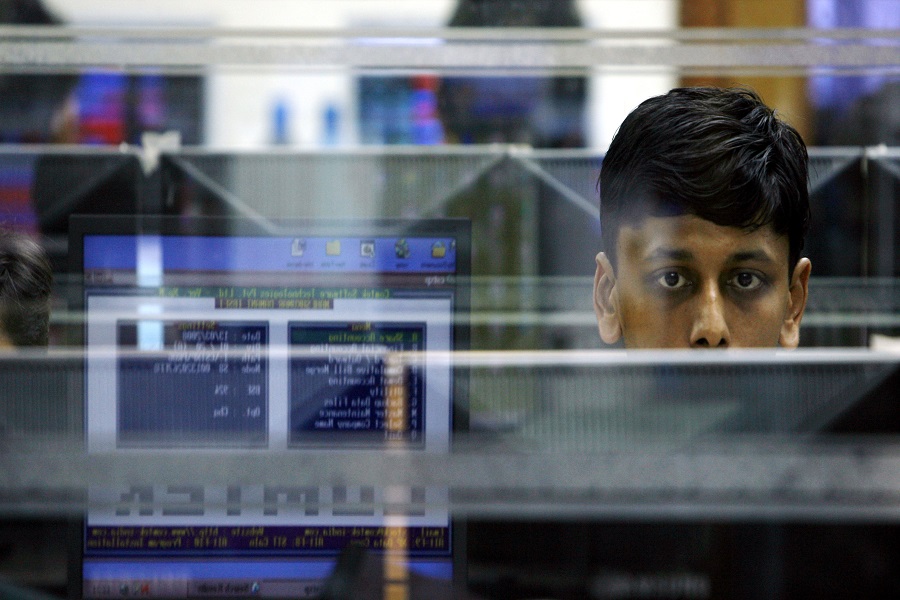
Quote on Closing Market Summary 3rd December 2025 from Hitesh Tailor, Research Analyst - Res...
